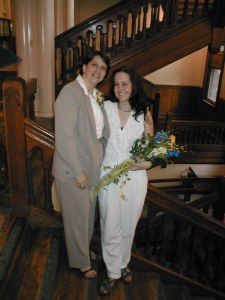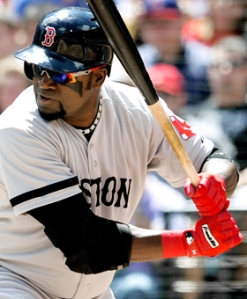Dedicated to my wonderful AFAB cast
I have always known I was really a film actor. At least since my first acting-for-film class at Sarah Lawrence, when I fell in love with the intimacy and connection, the falling away of reality and the immediate world, I knew. I’ve spent a great deal of time on stage, and I love/hate it for two major reasons: I have terrible stage fright (I usually lose 15 pounds on any run) and often-not always-theater actors prioritize presentation and line readings over connection. And connection is my thing. (Mind you, I am a sucker for a live laugh. I’ll endure anything to be in a great comedy or serio-comedy to connect with the audience through humor.) I have had enormously wonderful experiences on stage, including working with Bob Kropf on Betrayal–another Meisner actor, and every performance was awe–but I lean toward the intimacy of film. I want to be that close to the other actor’s eyes. I want their truth and I want to react spontaneously to that truth in the utter safety of art.

Anyhow, I’m now an auteur on the production of Assigned Female at Birth, a queer web series about some bodies. It is SO the job for me! I use almost all of my skills and brain, which has revealed how bored I’ve been for so much of my working life. I need things to be really hard to have peak experiences. Apparently.
I worship ease, too, don’t get me wrong. It’s just…easy. And so, a little boring.
In working with theater actors on Assigned Female at Birth, I have come to understand so much about the transition we, as actors, need to make as we move back and forth. And here it is in a nutshell: theater actors have 5 priorities. They need to get reordered when you go to film.
Theater actor priorities:
1-Presence. Being in the moment in a way that makes you interesting. Taking up space and taking the eye. Being in your body. Moving in a way that creates connection with the audience.
2- Line readings. Making sure the line sounds good, right, congruent with the script and character. Sometimes this relies on the Stanislavski tactics and objectives; sometimes it comes from scoring a script.
3-Character. Using their faces and bodies to create a person or type.
4-Chemistry or connection. Having a fire of some kind with another actor.
5-Authenticity. Making their work seem natural and real.
What interests me most in these 4 vast generalizations is this: when theater actors come to film we directors tell them to pull it in, play it smaller, don’t give so much away, don’t hit so hard. I have said these things over and over again.
But while that’s not incorrect, it’s really not the best possible advice. So here you go, theater actors. First, study Meisner. It’s life changing. But beyond that, these are your priorities:
1-Presence. Being in the moment. Being connected to your body. Being willing to be seen.
2-Authenticity. (Which adds to presence and creates it.) Using yourself in risky, revealing, utterly vulnerable ways so that you are more yourself in film characters than you can be in life (where we seek to be skillful and ethical). This isn’t about appearing natural. This is about being incredibly real.
3-Connection. This really can’t be separated from the above, because our authenticity comes from having real reactions to another actor. Chemistry is the degree to which we pull things out of each other that might otherwise not come. Surprise and spontaneity are part of both connection and authenticity–you NEVER, and I do mean NEVER decide how to say a line and then stick to that decision. It will kill authenticity every time.
4-Character. While on film we almost always play characters very like ourselves (because the camera picks up on the tiniest pretense or inauthentic expression or posturing so casting is truly YOU), character comes from a deep understanding of the script and the character’s inner life as given to you by the writer. It’s not about changing gestures, manner of walking, or anything we use all the time on stage. It’s about living so deeply in the character’s psyche that their reactions become yours.
5-Line readings. I repeat, it is the kiss of death to decide how to say a line and then stick to it every time. In film, DON’T DO LINE READINGS! Then how can lines sound congruent, you ask? What if it just doesn’t feel right? What do I do instead? You lean harder into understanding situation, relationship and stakes, and then the lines really do take care of themselves in the moment of authenticity and connection.
I live in Salem, MA, which means I live in a Boston theatrical aesthetic (that sometimes bleeds to film, but not through the casting agencies who cast for out-of-town films). Boston’s aesthetic is more presentational than the aesthetic in New York; in Boston presentation is seen as good. And it isn’t that being presentational isn’t entirely appropriate, especially for proscenium. But in theater in New York, you have to be able to do everything at once–the actors are all that good, so naturalness, authenticity, character, presentation, presence and lines blend into electric aliveness and physicality on stage. We see it when New York actors come to the Huntington or A.R.T.–they are bigger, more present, with better timing, and they feel utterly authentic.
There’s no reason we can’t raise the bar here. Learning to be really good on camera can lead us to be better in theater.
Tip of the day: Use silence and stillness on camera. Let it fill you up and you will be mesmerizing.


